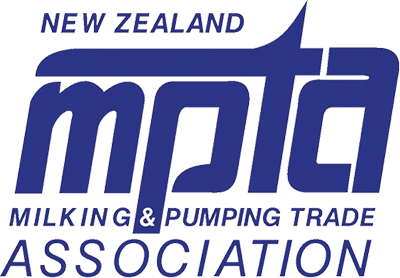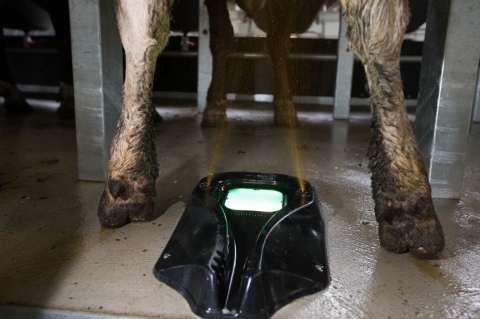Principles Of Milking Machine Hygiene
When milk quality downgrades occur it's important to be able to more thoroughly evaluate the system in use. Contact time, temperature, mechanical action and chemical action all work together and must all be evaluated together.
This two-day course is designed for chemical company reps and sales people to give them an understanding of the effectiveness of cleaning systems for milking machines and milk silos and teaches how a cleaning system needs to be set up to ensure that, for food safety purposes, all milk contact surfaces are effectively cleaned. It also covers dairy industry milk quality tests such as: bacteria quality, penicillin contamination, thermoduric, coliform bacteria and BMSCC.COURSE OVERVIEW
This course covers each of the key milk quality test parameters and how the milking machine and milk silos are cleaned by the physical action of the cleaning solutions assisted by chemicals and temperature. This should be particularly useful when carrying out a hygiene trace back where contamination has been found and the cleaning system is suspected of being faulty. Content includes evaluation of reverse flow, jetter and automatic wash systems and making recommendations for improvement. We also look at identifying basic dairy hygiene, what tests are required, how tests are undertaken, what causes failure of a test, how to troubleshoot and give recommendations.
Course Content
This two-day course is made up of the following components- Bacterial grading problems – what is the significance of each type
- Other grading problems i.e water, inhibitory substances, senses, DDE
- Introduction to the Basis of a Good Cleaning System
- Physical factors that affect cleaning (Turbulence)
- Different Cleaning Systems
- Milking Machine Cleaning Programmes
- Procedures for cleaning using different cleaning systems
- Evaluating CIP cleaning system
- Evaluating bulk milk tank cleaning system
Note: This is a condensed version of MPTA's Cleaning Evaluation and Milk Quality courses which are usually taught over five days. If a fuller understanding is required for a technician or advisory role then it is recommended that the full training courses be completed.
Click on the QCONZ PTE Enrolment Form to the right to register for this course.
Participants who successfully complete this course will receive a NZMPTA Certificate of Achievement in Principles of Milking Machine Hygiene



